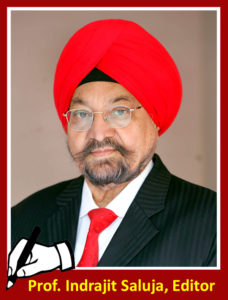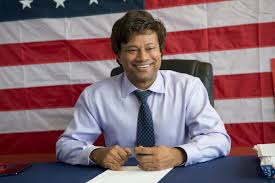 The Electoral Bond, introduced in 2017 by the Modi government, was meant to reform political funding in India. However, what was hailed as a step towards transparency has turned out to be one of the largest election scams in the country’s history. Under the guise of facilitating legitimate donations, the Electoral Bond system has allegedly facilitated the funneling of Rs12,930 crores from corporate entities into the coffers of the ruling party. This has not only raised serious questions about the integrity of the electoral process but has also highlighted the extent of corruption within the corridors of power.
The Electoral Bond, introduced in 2017 by the Modi government, was meant to reform political funding in India. However, what was hailed as a step towards transparency has turned out to be one of the largest election scams in the country’s history. Under the guise of facilitating legitimate donations, the Electoral Bond system has allegedly facilitated the funneling of Rs12,930 crores from corporate entities into the coffers of the ruling party. This has not only raised serious questions about the integrity of the electoral process but has also highlighted the extent of corruption within the corridors of power.
The Electoral Bond scheme was introduced with the promise of enhancing transparency in political funding by allowing individuals and companies to donate money to political parties anonymously. However, the lack of disclosure requirements regarding the identity of donors has provided a veil of secrecy, enabling the government to receive massive amounts of funds without public accountability. This opacity has created a breeding ground for corruption, with allegations surfacing that the ruling party, under the leadership of Prime Minister Narendra Modi, has been exploiting this loophole for its benefit.
It is alleged that the Modi government has been misusing government law enforcement agencies to coerce companies into purchasing Electoral Bonds and funneling funds into its coffers. Reports suggest that companies have been pressured into making these donations under the threat of facing punitive action from regulatory bodies. Such tactics not only undermine the principles of democracy but also raise serious concerns about the independence of institutions meant to uphold the rule of law.
In return for these donations, corporate entities purportedly receive favoritism in government projects and tenders. This quid pro quo arrangement not only distorts the level playing field but also undermines the principles of fair competition and meritocracy. By prioritizing the interests of donors over the welfare of the general public, the Modi government has eroded the trust of citizens in the democratic process.
The allegations of corruption and cronyism within the Modi government extend beyond electoral funding. There have been numerous instances where the ruling party has been accused of using state machinery to target political opponents and stifle dissent. Opposition leaders have been implicated in false cases and subjected to harassment and intimidation, particularly during election periods. Such tactics not only undermine the credibility of the electoral process but also pose a grave threat to the fundamental rights enshrined in the Constitution.
The misuse of government machinery to suppress political opposition is a blatant violation of democratic norms and principles. Instead of fostering a healthy and vibrant political environment, the Modi government has resorted to authoritarian tactics to consolidate its power. By employing tactics such as selective prosecution and intimidation, the ruling party has sought to create a one-party state where dissent is silenced and opposition is marginalized.
The role of the opposition in holding the government accountable cannot be understated. However, the systematic targeting of opposition leaders and parties has severely undermined their ability to perform this essential function. By silencing dissenting voices and curbing political opposition, the Modi government has created a lopsided political landscape where the ruling party enjoys unchecked power and influence.
The need for urgent reforms to safeguard the integrity of India’s electoral process cannot be overstated. Transparency and accountability must be restored to political funding mechanisms to prevent the abuse of power and the subversion of democratic principles. Additionally, measures must be taken to insulate law enforcement agencies from political interference to ensure their independence and impartiality.
The future of Indian democracy hangs in the balance. Unless corrective measures are taken to address the rampant corruption and abuse of power, the ideals of liberty, equality, and justice enshrined in the Constitution will remain elusive. It is incumbent upon citizens, civil society, and the international community to hold the Modi government accountable for its actions and demand the restoration of democratic norms and principles. The fate of Indian democracy depends on it.





Be the first to comment